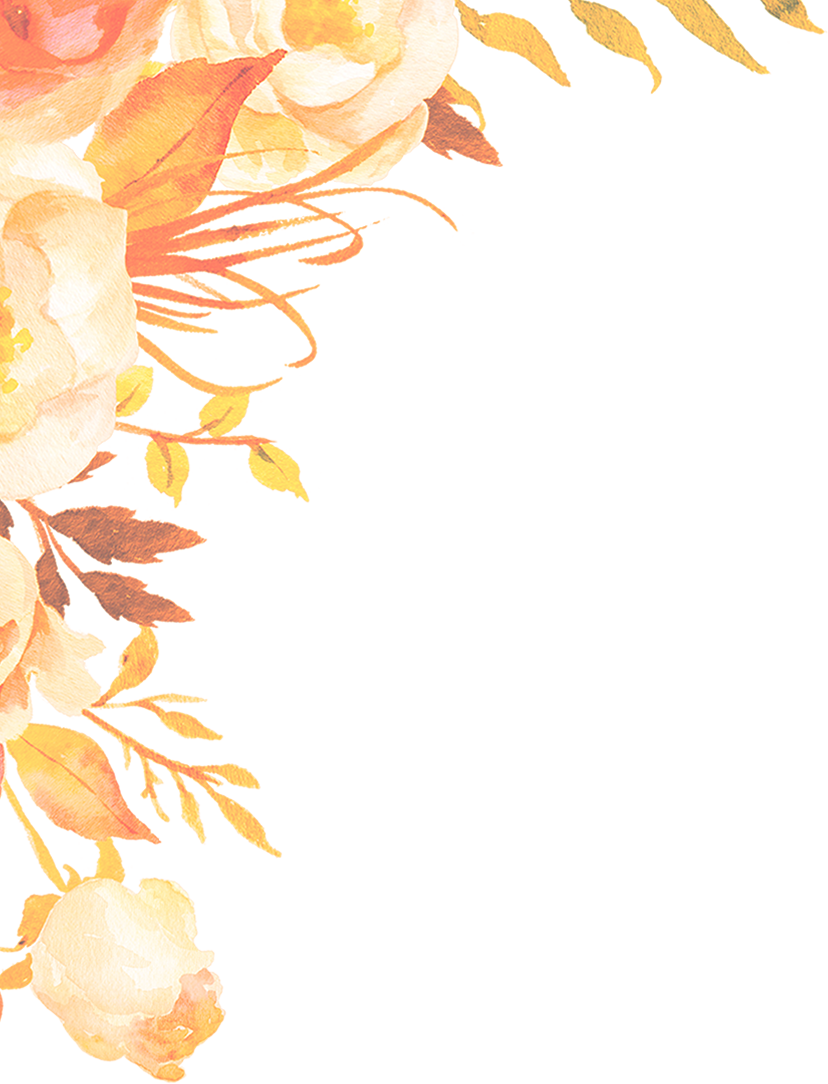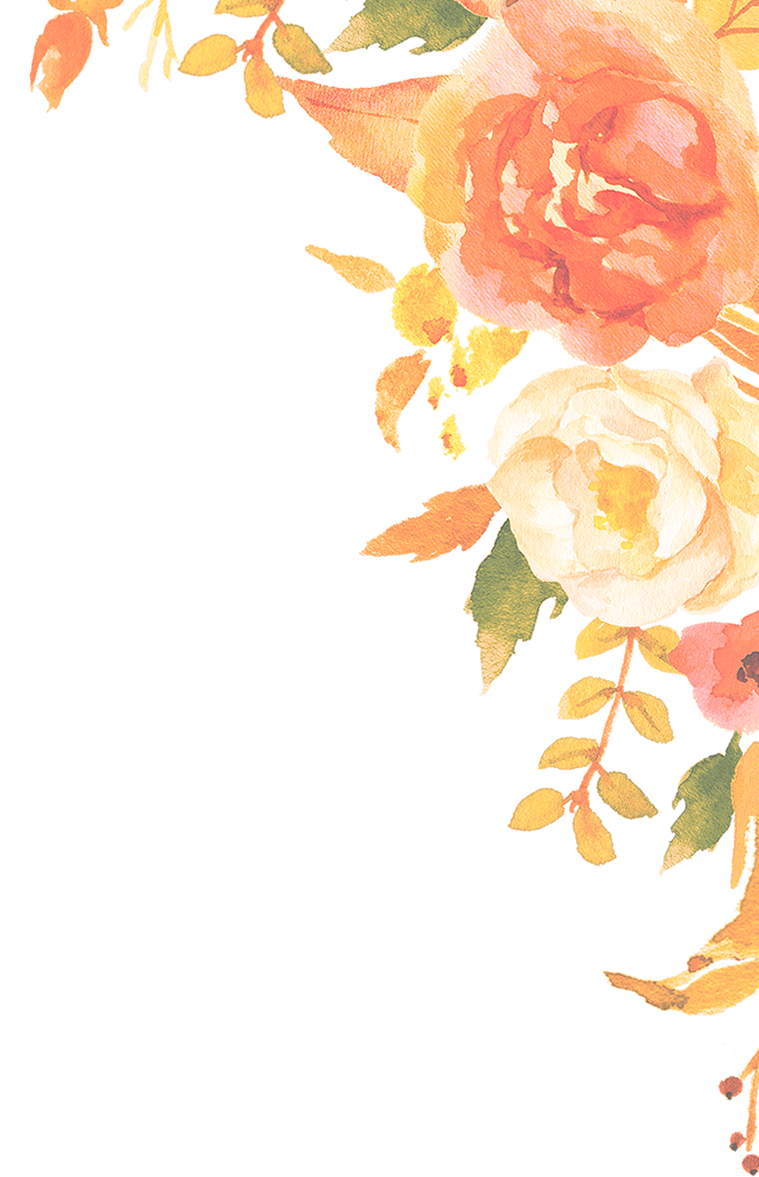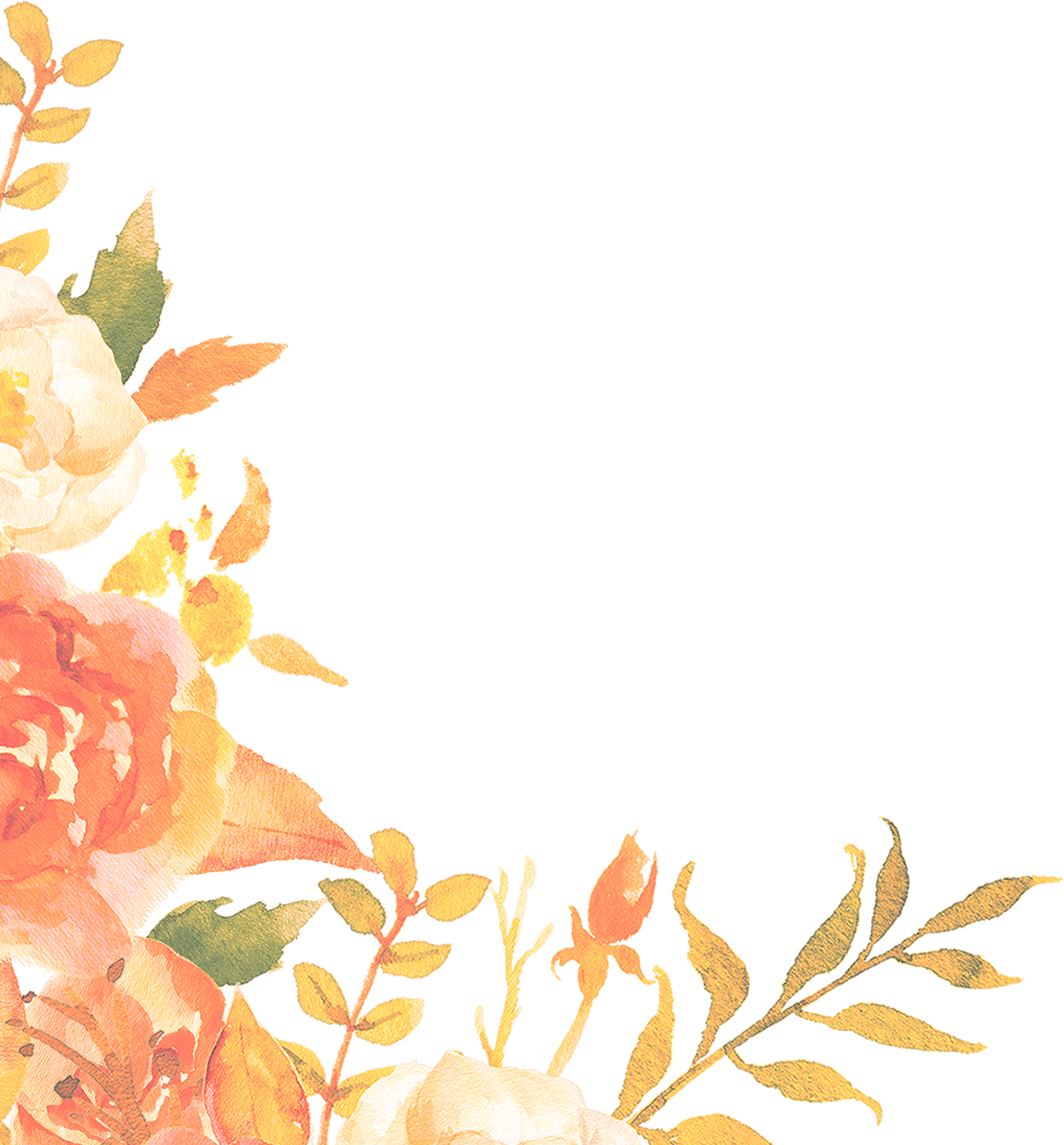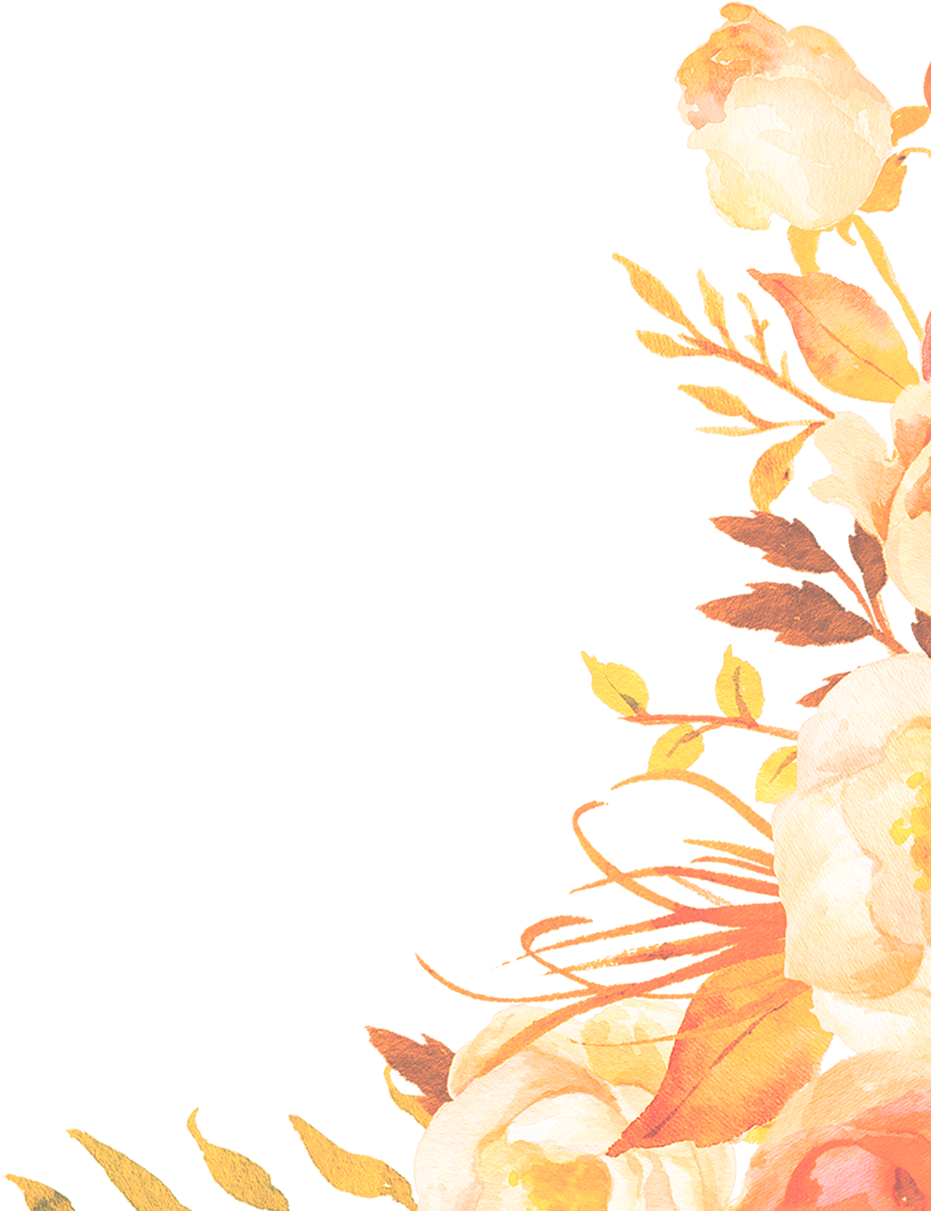



Hugely beneficial. My comparative happiness scores speak volumes.
-PAST CLIENT
So far we have talked about what we can do for ourselves when the going gets tough. Today I want to point out what other people can do for us when we face hardship or crisis. The fact is that self-sufficiency is all well and good when the going is easy, but when we experiencing hard times, it is likely the practical and emotional support from others that gets us though. Bad times are a reminder that we need others.
Meredith, Sherbourne and Galliot’s review of resilience in the US Army contains a long list of ways in which individuals receive support from family, unit and community that helps them to cope better. Within the family, emotional, practical, informational and spiritual support can bring comfort. Recreational times spent with family members provide a sense of normality when everything else appears crazy. A close bond of attachment, love, intimacy and nurturing can inspire us to persevere, and the ability to share our thoughts, opinions and information can help us to come up with ideas to meet our challenges.1
Within the military unit, which we can translate to our working environment, resilience is built through unity in the team we belong to. We become stronger as individuals if our actions combine with those of others, when we are bonded with and committed to others toward specific outcomes. A coordinated yet flexible team environment supports resilience, particularly if there is positive interaction, pride for what we strive for, and positive leadership and role modelling.2
At the community level, a sense of belonging and having friendships within groups often comes to the fore during crisis. One of my friends’ sons had been at uni for a year and was in every way a joy to his parents; a sweet, popular and capable young man. After Christmas Day lunch in 2012 he went skate boarding with his brother and fell on the back of his head. This led to extensive bleeding in his brain, and now he can no longer speak or walk. His separated parents each mustered what can only be described as their ultimate strengths. The local community, at the same time, rallied together to group-fund his care, visited him, publicised his medical progress, and assisted the family emotionally and practically. The family was deeply touched by this community outreach. They were genuinely surprised by the number of the people who cared and showered them with generosity and acts of thoughtfulness. In crisis communities frequently come together to cope; people work selflessly alongside one another, organise ceremonies, rally on behalf of others, take on responsibilities, become spokespersons, and take on whatever roles are required to help alleviate suffering. Whether it is a child drowning in the local park lake or a bushfire that has devastated a town, when the chips are down a sense of community suddenly arises and finds its strength. Meredith, Sherbourne and Galliot’s study indentified this community level of building resilience, highlighting the importance of connectedness, belongingness, collective efficiency and shared bonding.3
I think that this aspect of crisis is too easily overlooked, yet it is incredible. Considering the maladies of our Western civilised life – such as loneliness and alienation – the social bonding that can happen in crisis can be seen as a gift. It reminds us that we are in fact brothers and sisters; that we have strengths we didn’t know; that we feel great when we selflessly assist others; and that we feel valued and cared for when we receive help from others. So step up and help, and let others help you.
It is an unfortunate fact that despite even one’s best endeavour to create a beautiful and happy life, challenges will keep coming. The fortunate fact is that resilience is common among us. George Bonanno, Professor of Clinical Psychology and Head of the Loss, Trauma and Emotion Lab at Columbia University, is an authority on resilience and the roles personality, emotion, and coping and emotional flexibility play in our ability to deal with distress. Bonanno points out that a review of research conducted on loss and violent or life-threatening events has shown that the vast majority of people do not develop chronic psychological symptoms after experiencing such events. Indeed, many have sufficient resilience to continue to function healthily.4 I want you to take note of this: you are much more likely to be a survivor than to find yourself among the 5-10% of individuals who develop post traumatic stress disorder.5
Bonanno advises that there is no single way to maintain calm after a calamity, but there are multiple avenues to build up resilience. Many of those we have already discussed:
Hardiness is a personality trait. This means that it forms when we are young, and either is/is not part of our personality. There are three dimensions that make people hardy. The first is a commitment to finding meaningful purpose in life. The second is the belief that we can influence outcomes and surroundings. And the third is the belief that we learn and grow from both positive and negative life experiences.7
As I said before, the approach of positive psychology is very much about copying the attitudes of people who are very happy. So perhaps you are neither hardy nor very resilient. In that case, firstly decide to be a survivor. Look for positives when there seem to be none. Reach out when in need and allow others to help you. Exercise lots. Spend time with the people you are close to. Do nice things for yourself and others. Solve what can be solved. Don’t hesitate to have fun. And welcome the opportunity to contemplate the meaning of life.
When I tell people that I’m a happiness coach they usually say: “Oh, you must be very happy.” I am. But let me be honest here: It is only because I have committed myself to happiness. If I didn’t use the multiple avenues to build up resilience and practice the tools of emotional wellbeing I am sharing in this blog, I would potentially fall apart by the compounding challenges life has brought me of late. So let’s be survivors. The water might be cold and the sharks circling beneath, but we will keep our head up high and kick our little legs as best as we can.
© Natalie Lydia Barker 2016
Notes
No Comments